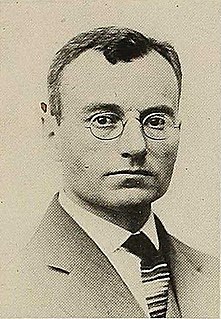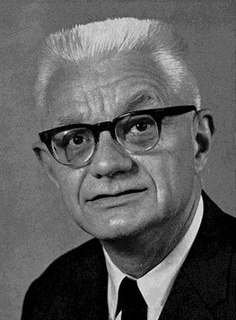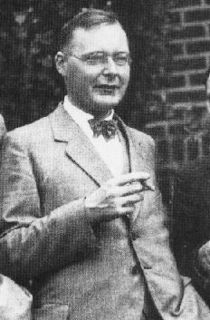A Quote by Walter Lang
Science is defined in various ways, but today it is generally restricted to something which is experimental, which is repeatable, which can be predicted, and which is falsifiable.
Related Quotes
Today we understand that reality corresponds to a model - or, even better, the sum of various models - which in science are termed "complex systems" - not complicated or difficult, that's a different thing! This complexity is what creates that which we all know - the World - is connected in a system of networks - and I'm not referring only to the internet but also to thousands of analog networks in which we are all immersed at every instant.
The material which a scientist actually has at his disposal, his laws, his experimental results, his mathematical techniques, his epistemological prejudices, his attitude towards the absurd consequences of the theories which he accepts, is indeterminate in many ways, ambiguous, and never fully separated from the historical background . This material is always contaminated by principles which he does not know and which, if known, would be extremely hard to test.
Confusion conditions activity, which conditions consciousness, which conditions embodied personality, which conditions sensory experiences, which conditions impact, which conditions mood, which conditions craving, which conditions clinging, which conditions becoming, which conditions birth, which conditions aging and death.
I have said that science is impossible without faith. ... Inductive logic, the logic of Bacon, is rather something on which we can act than something which we can prove, and to act on it is a supreme assertion of faith ... Science is a way of life which can only fluorish when men are free to have faith.
Among all the liberal arts, the first is logic, and specifically that part of logic which gives initial instruction about words. ... [T]he word "logic" has a broad meaning, and is not restricted exclusively to the science of argumentative reasoning. [It includes] Grammar [which] is "the science of speaking and writing correctly-the starting point of all liberal studies."
Most people are excited about themselves. Personal genome will deliver for inexpensively something about science to which you can relate. Just like computers are becoming something to which you can relate. It should be even easier to relate to your own biology, and I hope that will be one of the ways we get broader literacy in science.
Correct is to recognize what diseases are and whence they come; which are long and which are short; which are mortal and which are not; which are in the process of changing into others; which are increasing and which are diminishing; which are major and which are minor; to treat the diseases that can be treated, but to recognize the ones that cannot be, and to know why they cannot be; by treating patients with the former, to give them the benefit of treatment as far as it is possible.
The laws of thought are natural laws with which we have no power to interfere, and which are of course not to be in any way confused with the artificial laws of a country, which are invented by men and can be altered by them. Every science is occupied in detecting and describing the natural laws which are inflexibly observed by the objects treated in the Science.






































